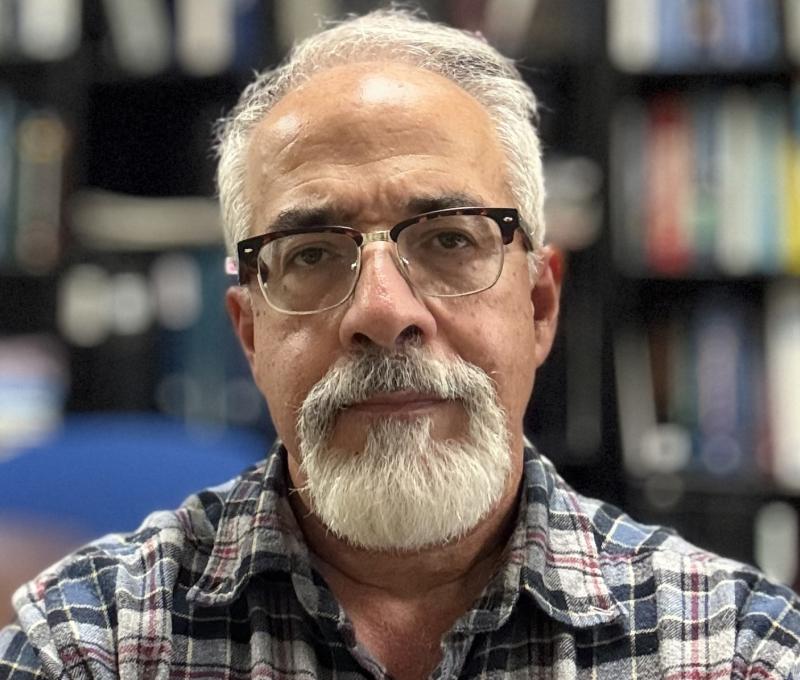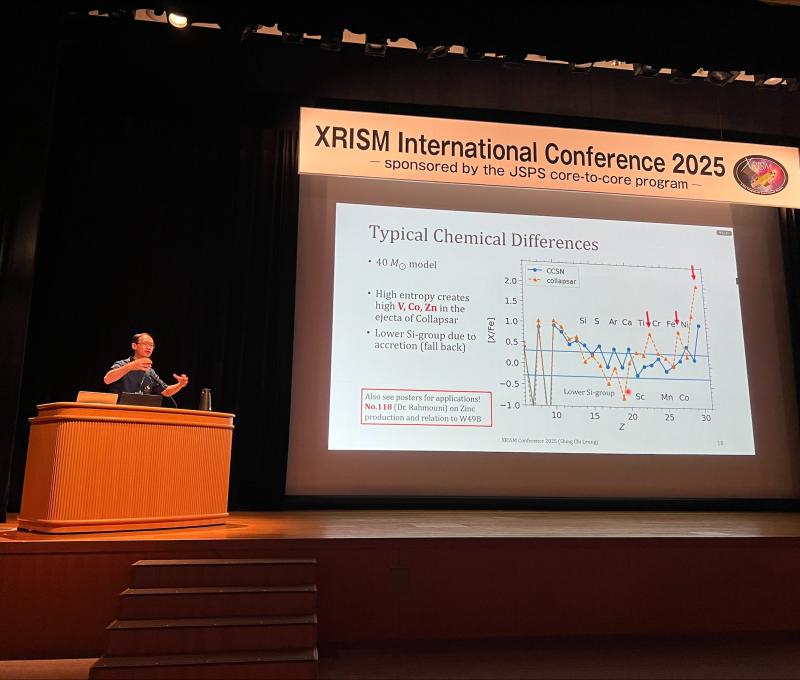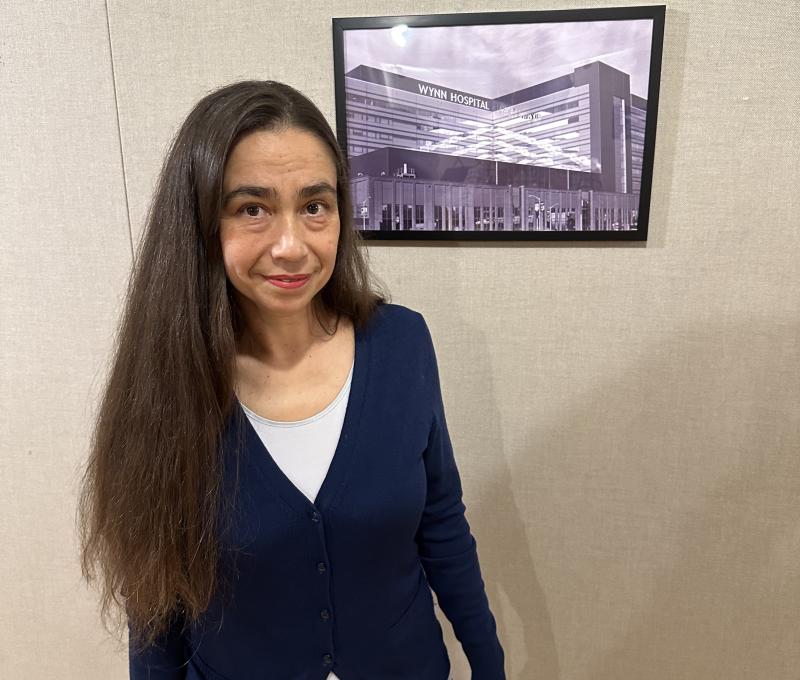News Release: SUNY Poly Awarded $360,000 by U.S. Army Research Office for Next-Generation Batteries for Harsh Environments

Grant Supports Fundamental Understanding and Development of
More Robust “Betavoltaic” and “Beta Photovoltaic” Batteries at SUNY Poly
ALBANY, NY – SUNY Polytechnic Institute (SUNY Poly) announced today that Interim Vice President of Research Advancement and Graduate Studies Dr. Shadi Shahedipour-Sandvik has been selected to receive $360,000 in federal funding from the U.S. Army Research Office—U.S. Army Contracting Command-Aberdeen Proving Ground to develop more advanced batteries with greater energy storage capabilities compared to conventional batteries. In partnership with a team of collaborators at the Army Research Laboratory, Dr. Shahedipour-Sandvik’s team will explore the potential of “betavoltaic” (BV) and “beta photovoltaic” (BPV) devices, which use beta particles, or electrons, that are produced by a radioactive source to generate electricity that can be especially useful for applications in environments where a long battery life is required, such as in remote sensing and space applications.
“On behalf of SUNY Poly, I am thrilled to congratulate Dr. Shahedipour-Sandvik for receiving this award for research that can have wide-ranging implications for a variety of military and space applications that depend on a reliable power source,” said SUNY Poly Interim President Dr. Grace Wang. “This new grant highlights our talented faculty who are leveraging SUNY Poly’s world-class research capabilities to enable the kinds of technologies that can further power U.S. military strength, and, significantly, this research will also provide exciting opportunities for a number of our students who will gain first-hand experience developing these technologies right here in New York State.”
During the course of this three-year award, SUNY Poly graduate and undergraduate students will be able to take part in related research. SUNY Poly undergraduate students will be able to use the effort as a focus for their capstone research project. The graduate students anticipate visiting the Army Research Lab for up to two weeks in order to work closely with the collaborators, in addition to summer internship possibilities that will be based at the lab, furthering their national lab environment experience. In addition to supporting the students’ education, the funding will allow the team to continue to impact the field in a substantial way as they conduct basic research and take part in presentations, publications, and IP development.
“While the energy storage and power industry has come a long way since the first Li-ion battery, which was based on electrochemistry, storable energy has remained limited to 1 A.h.cm-3. Limited longevity and the tendency of battery power to degrade under extreme environmental conditions are still problems in search of solutions, which is why I am grateful to the U.S. Army Research Office for this award, which can help lay the groundwork for finding improved ways to meet these challenges,” said Dr. Shahedipour-Sandvik. “This effort will allow our experienced SUNY Poly team, including several students, to continue our collaboration with the Army Research Lab, and we look forward to working closely with them.”
The SUNY Poly research taking place under this latest award will build upon a previous Short-Term Innovative Research (STIR) grant that Dr. Shahedipour-Sandvik received from the Army Research Office. More specifically, this latest work will focus on fostering a better fundamental understanding of the transport processes employed by BV and BPV batteries, which are based on wide-bandgap III-Nitrides materials. III-Nitride semiconductors are physically hard, radiation tolerant, and chemically inert, making them ideal for their applications in harsh environments. Alloying GaN with AlN will enable the engineering of a larger bandgap (3.6-6.2 eV) that will be reflected in a larger open circuit voltage, VOC, and higher electron-hole pair (EHP) generation efficiency. By combining these properties with novel core-shell 3D device geometry, this research is expected to result in substantial improvement in the BV device’s conversion efficiency and output power.
####################
About SUNY Polytechnic Institute (SUNY Poly)
SUNY Poly is New York’s globally recognized, high-tech educational ecosystem. SUNY Poly offers undergraduate and graduate degrees in the emerging disciplines of nanoscience and nanoengineering, as well as cutting-edge nanobioscience and nanoeconomics programs at its Albany campus, and undergraduate and graduate degrees in technology, including engineering, cybersecurity, computer science, and the engineering technologies; professional studies, including business, communication, and nursing; and arts and sciences, including natural sciences, mathematics, humanities, and social sciences at its Utica/Rome campus; thriving athletic, recreational, and cultural programs, events, and activities complement the campus experience. As the world’s most advanced, university-driven research enterprise, SUNY Poly boasts billions of dollars in high-tech investments and hundreds of corporate partners since its inception. For information visit www.sunypoly.edu.
For Release: Immediate – May 28, 2019
Contact: Steve Ference, Director of University Communications | (518) 956-7319 | sference@sunypoly.edu







